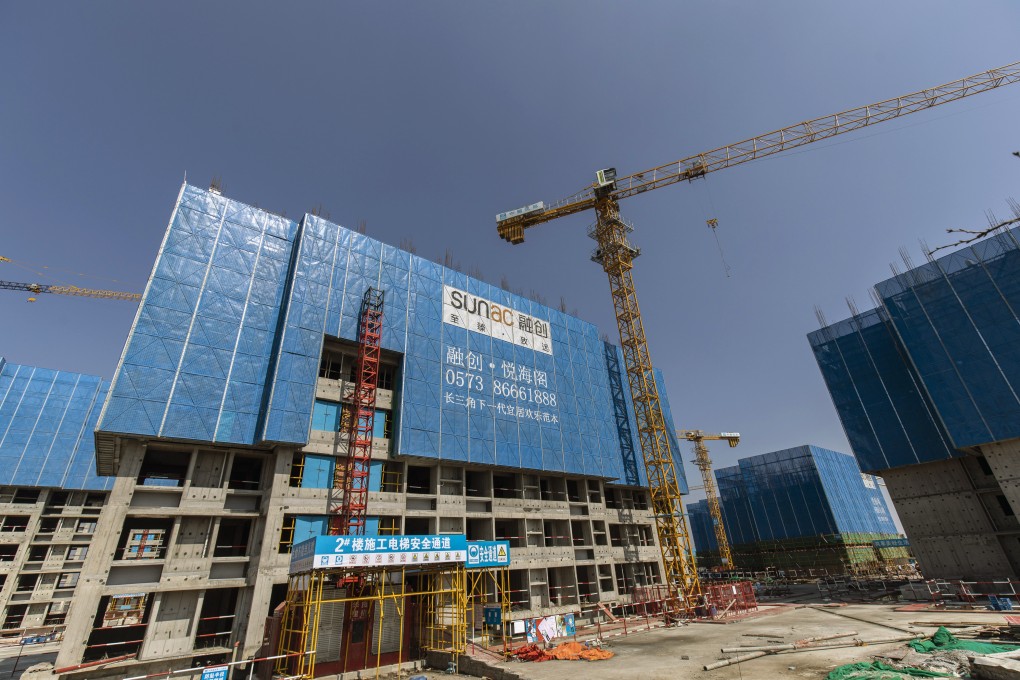China’s city governments test Beijing’s cautious policymakers by overturning rules to revive floundering housing market
- Fuzhou in southern Fujian province follows Zhengzhou, Harbin and other cities in overturning old rules to revive home sales
- Beijing’s ‘three red lines’ policy and Covid-19 lockdowns have combined to squeeze developers and pushed homebuyers to the sidelines

Fuzhou, the capital of southern Fujian province, last week started allowing non-locals to buy homes in the city without providing any proof of mandatory residency or pension fund as security, a departure from regulatory norms. Quzhou, in eastern Zhejiang province, last week lifted curbs on buying and selling.
China imposed the “three red lines” measures, starting in August 2020 to control systemic risk posed by weak developers, sending the industry into a slump not seen since the 2015 stock market crash. Contracted sales at the nation’s top 100 developers slumped 47 per cent in the first quarter from a year earlier, as rising cases of debt defaults kept buyers on the sidelines, according to industry data.
“After Zhengzhou and Harbin issued large-scale loosening measures, we did not see any sign of official resistance, suggesting the central government was not opposed to them,” said Yan Yuejin, director of the Shanghai-based E-house China Research and Development Institute. “So we will see more cities, especially those with dormant home sales, follow in their footsteps.”